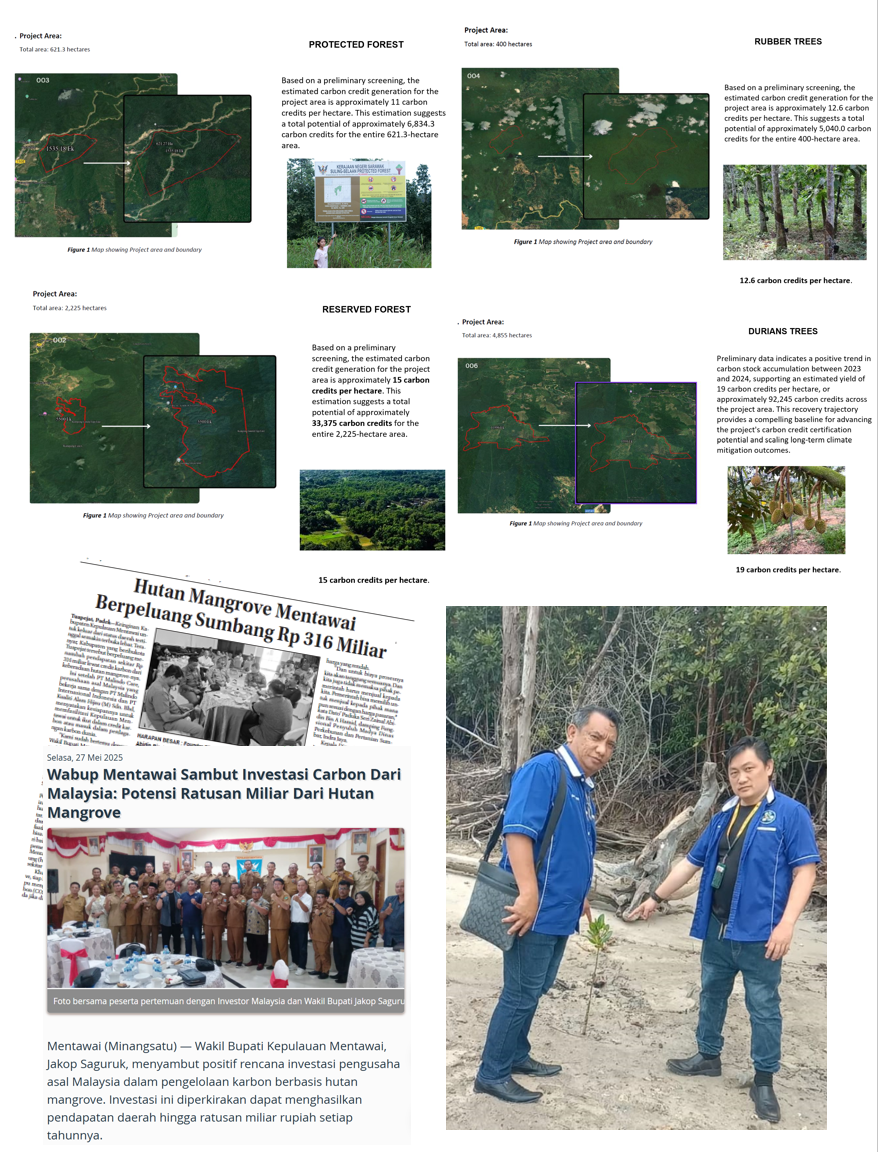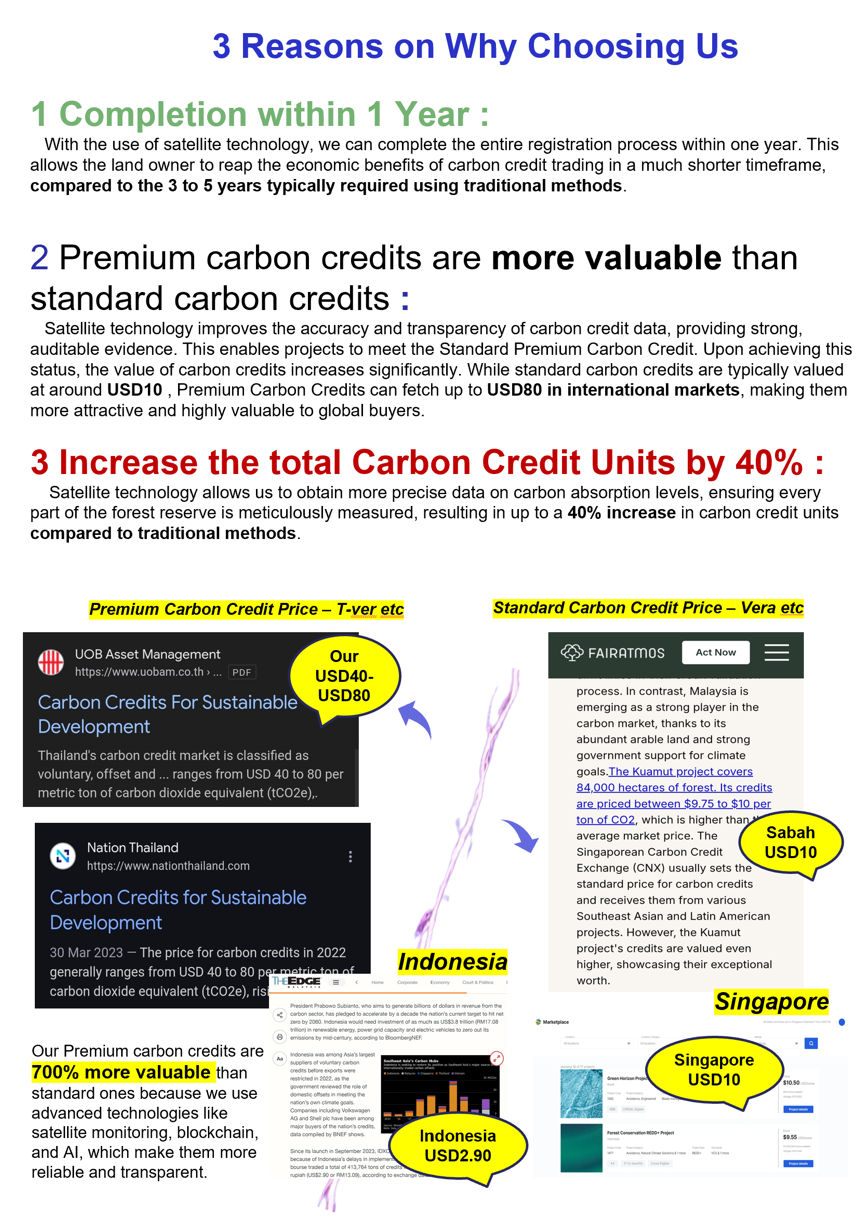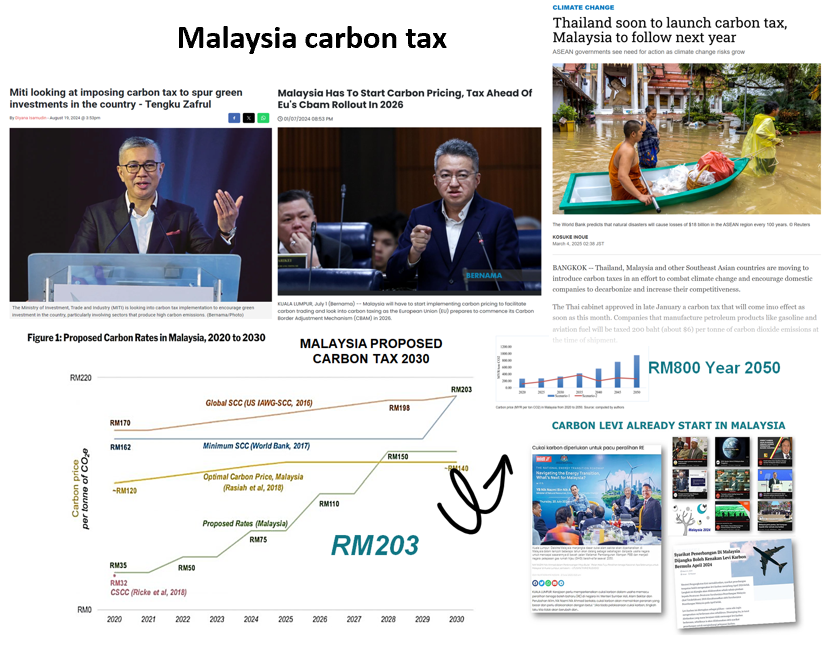详情
Currently, the world is facing a huge challenge, where the earth is facing three major planetary challenges, namely climate change, biodiversity loss, and pollution. Rising global temperatures have caused extreme heat waves that have hit various regions including Malaysia and Indonesia.
Malaysia and Indonesia's commitment to curb global temperature rise in line with the Paris Agreement has been translated in the form of a Nationally Determined Contribution (NDC), which is a 31.89% reduction in Greenhouse Gas (GHG) emissions by 2030 through its own efforts, and by 43.20% with international support. In addition, Malaysia & Indonesia have also presented a long-term vision and strategy through the Long-Term Strategy for Low Carbon and Climate Resilience (LTS-LCCR 2050) document, including plans to achieve Malaysia's Net Zero Emission Target (NZE) by 2050 and Indonesia by 2060 or earlier.
The implementation of NDCs requires commitment not only from the government (central and state), but also from the business sector and society. The achievement of GHG emission reduction targets is not solely the responsibility of the government, but also the responsibility of the private sector and society.
However, stakeholders' understanding of climate change issues remains limited due to lack of awareness programmes and limited access to information related to climate change adaptation and mitigation efforts. To support this and in line with the publication of Presidential Regulation No. 98 of 2021 on the Implementation of Carbon Economic Value for the Achievement of NDC Targets and GHG Emission Control in National Development, a socialisation programme should be implemented to stakeholders.
更多 Kualiti Alam Hijau (M) Sdn Bhd 相关资料



 Malaysia
Malaysia